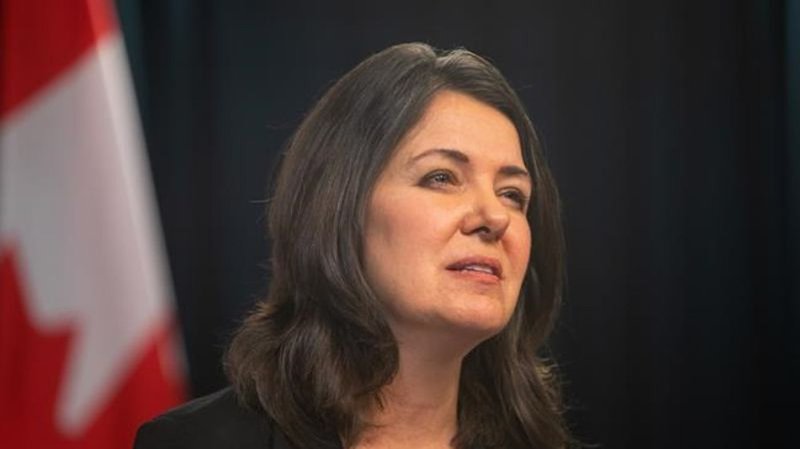
COVID vaccine policy for Arctic Winter Games not due to Alberta influence: official
YELLOWKNIFE — An official with the Arctic Winter Games says its decision to revoke a mandatory COVID-19 vaccine policy for the upcoming event had nothing to do with pressure from the Alberta government, despite claims by the premier.
The Arctic Winter Games International Committee announced Nov. 18 it was dropping the vaccine requirement for attendees at the 2023 Games in the Regional Municipality of Wood Buffalo in northeastern Alberta to “align with current public health advice.”
Premier Danielle Smith recently told reporters during an unrelated press conference that the government had challenged the policy when the Games requested $1.2 million in support as an example of how she was “calling people” to stand up for the unvaccinated in the province.
“They were discriminating against the athletes, telling them they had to be vaccinated,” she said. “So we asked them if they would reconsider their vaccination policy in the light of new evidence and they did. And I was pleased to see that.”
